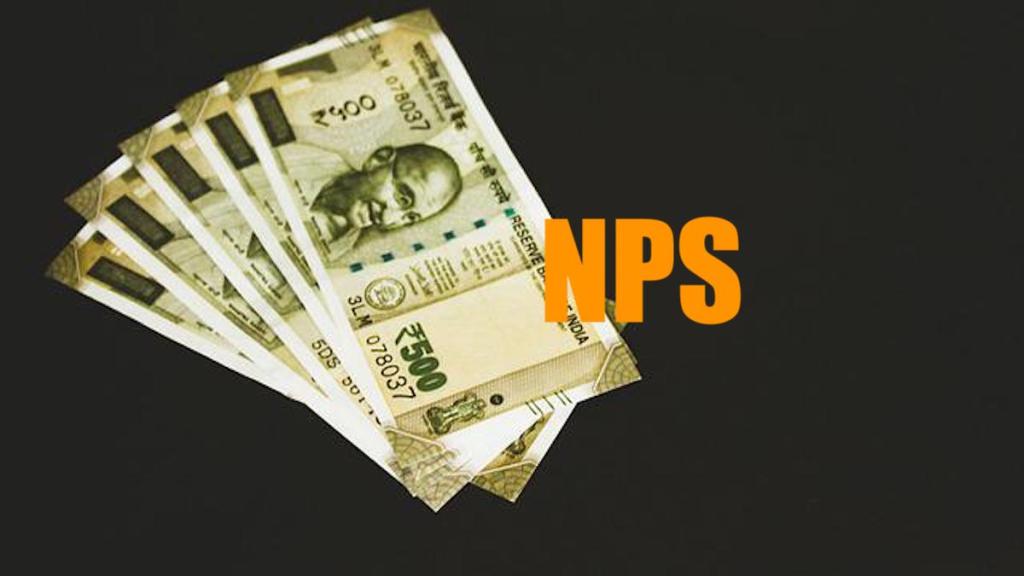The Points of Presence (POPs) under the National Pension System (NPS) will receive trail commissions on contributions made through D-Remit, according to Pension Fund Regulatory and Development Authority (PFRDA).
In a circular dated 22nd August 20220, the pension regulator said, “In order to support the Points of Presence (POPs) for their significant efforts and resources deployed by them for sourcing NPS Accounts and make them sustain their NPS outreach efforts, it has been decided that the trail commission shall be payable to POPs w.e.f. 01.09.2022.”
“The trail commission on contributions made through D-Remit will be similar to eNPS (other mode of Online contribution) by those subscribers who were on-boarded by the respective PoPs. The charge structure for POPs were provided by PFRDA vide its circular dt. 31.01.2022,” it added.
Also Read: New National Pension System contribution rule: Now you can do D-Remit with UPI
According to the circular, the trail commission to PoPs for D-Remit contributions of the associated subscribers will be at the rate of 0.20% of the contribution amount (Minimum Rs 15 and Maximum Rs 10,000) similar to eNPS.
The applicable charges would be recovered by unit deduction on a periodical basis, the regulator said.
The PFRDA has introduced the D-Remit (Direct Remittance) facility for the subscribers wherein they could deposit their voluntary contributions with greater ease by creating a static Virtual ID linked to their PRAN and remit the amount from their Bank Account.
Also Read: NPS Subscriber? Contribute through IMPS under D Remit and get same-day NAV
The D-Remit has been envisaged as a ‘subscriber centric measure’ to enable one to deposit contributions into PRANs from their savings bank account through Net banking/IMPS/UPI.
“The feature intends to optimize investment return by offering same day NAV, if Trustee Bank receives the contributions before 9.30 AM. It has become very popular because of its ease of use, operational convenience, the unique facility of setting up SI/auto debit, changing the auto debit amount, pause auto debit etc,” PFRDA said.

